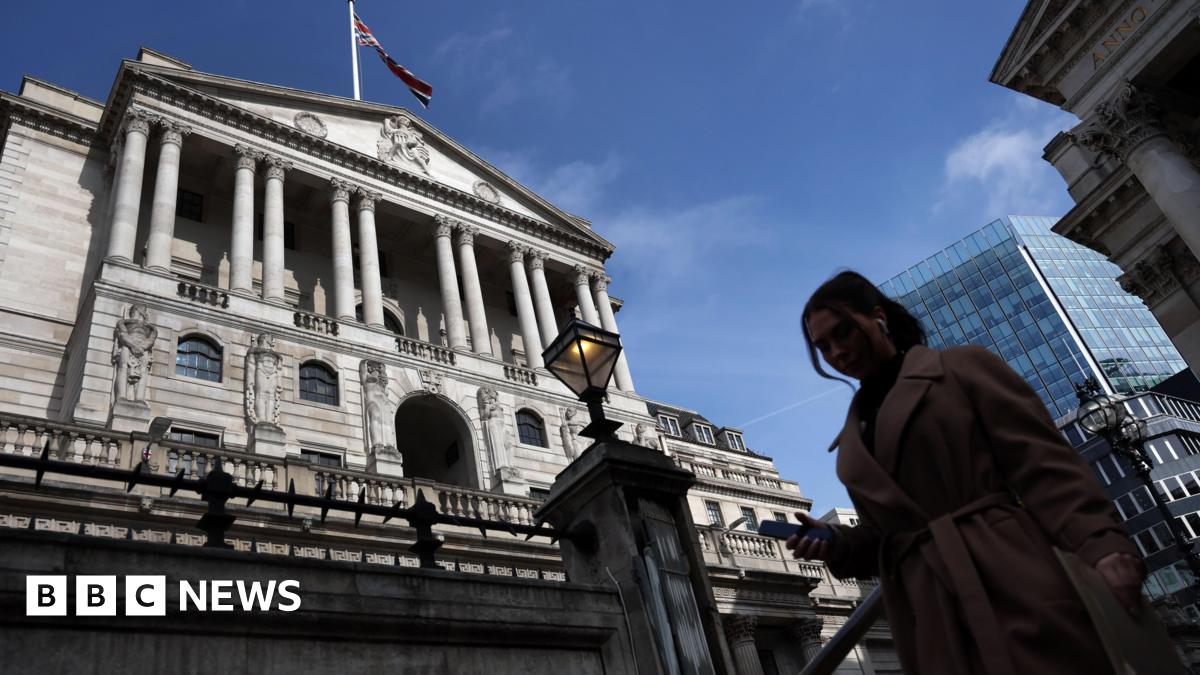What are interest rates?published at 11:22 GMT
Put simply, interest is the extra amount you get charged when you borrow money.
Say someone lends you £10 at a 10% interest rate, you’ll pay them back £11 – the £10 you borrowed, plus an extra £1 in interest (10% of £10).
The Bank of England’s base interest rate, which is being set today, dictates what rates most high street banks and lenders set for things – ranging from mortgages to credit cards and savings accounts.
When the Bank puts up its rate, it gets more expensive to borrow money, but it also means that returns on savings accounts, which accrue interest, go up.
When rates drop, borrowing becomes cheaper and saving rates typically go down.
The Bank of England’s job is to keep inflation – the rate at which prices rise for goods and services – at an annual rate of 2%. It uses interest rates to try to keep it at that level.
When rates rise, people and businesses tend to spend less and save more. That slows the demand for goods and services, which can limit price rises and thus cool inflation.
